All products featured are independently chosen by us. However, SoundGuys may receive a commission on orders placed through its retail links. See our ethics statement.
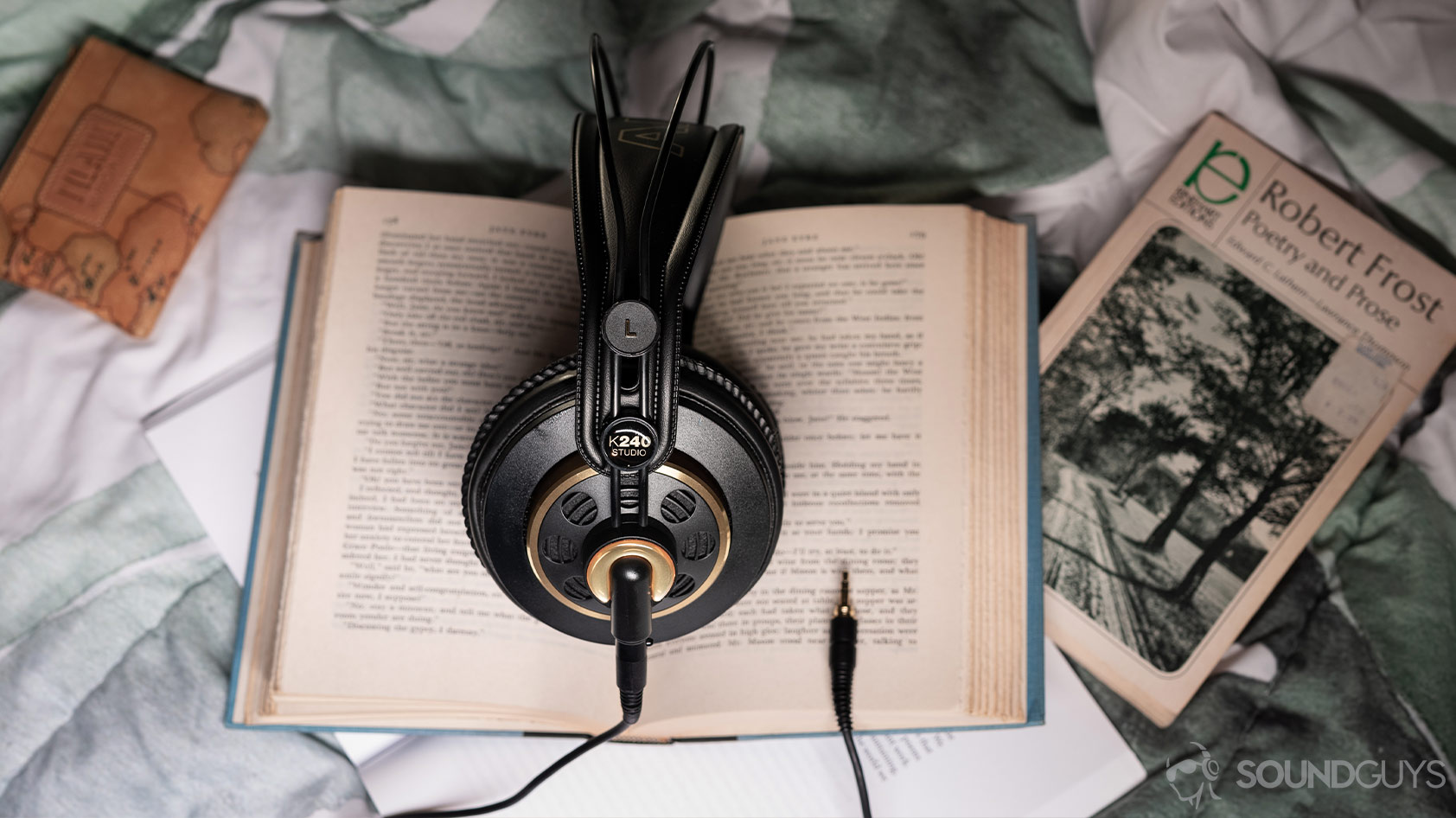
AKG K240 Studio review
January 30, 2025
AKG K240 Studio
I’m always in search of a headset that’s easy to pick up and hard to put down, and have found just that in the AKG K240 Studio. These headphones descend from the original AKG K240, which debuted when bell-bottom jeans and Huckapoo shirts were unironically trendy. While the AKG K240 Studio retain that 1970s nostalgic design, the sound quality holds up decades later. Let’s see why people still champion these headphones today.
- This review was updated on January 30, 2025, to update formatting, language.
- This review was updated on September 28, 2023, to address FAQ and to add the Audio-Technica ATH-M20xBT as an alternative.
- This review was published on March 27, 2020.
Podcasters will benefit from the AKG K240 Studio’s midrange response and will be more or less unaffected by the underwhelming sub-bass. Musicians should consider these headphones because of their semi-open design. This is great as it lets you hear what you’re playing from moment to moment.
Budget audiophiles and audio engineers may want these headphones. Enthusiasts and audio engineers across the globe champion the K240 Studio as one of the best bang-for-your-buck options on the market.
What’s it like to use the AKG K240 Studio?
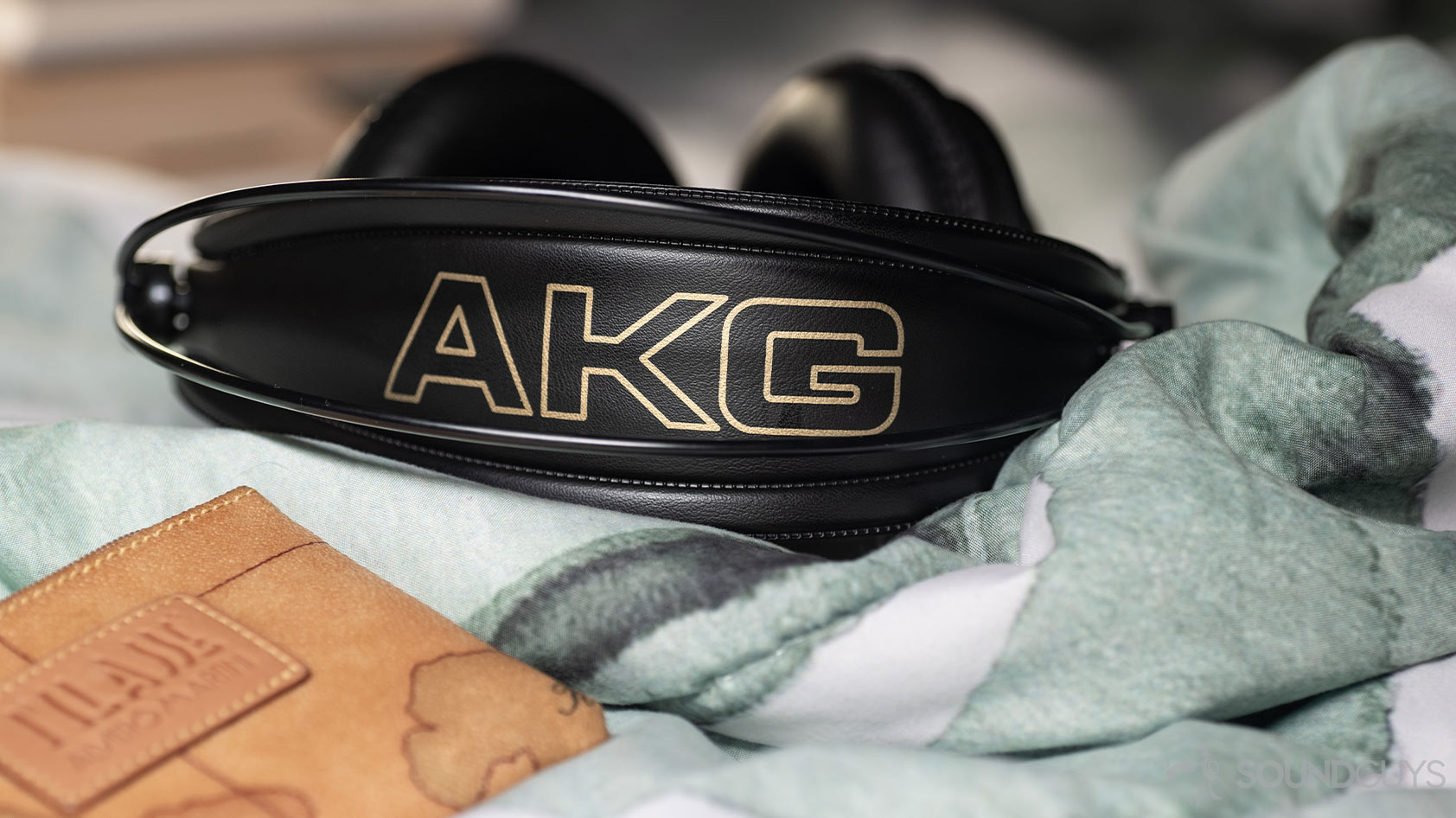
The AKG K240 Studio have an all-plastic build from the suspension mechanism to the ear cup exteriors. This has pros and cons: it decreases cost while increasing comfort, but it also means it’s less durable than metal-reinforced alternatives like the AKG K371. Seeing how this headset isn’t meant for travel and work, many listeners give the dubious durability a pass. During the AKG K240 Studio review period, I grew increasingly suspicious of headband rails and plastic pivot points.
Both ear cups have uniform vents, giving the headset its semi-open status. This gives the AKG K240 Studio a great throwback feel while also serving a function: you hear a more realistic representation of sound, and ventilation is better than with closed-back headphones. For those unfamiliar with how open and semi-open headphones work, this goes both ways. Anyone near you will easily hear what you’re listening to. Don’t use this headset in a crowded office or while working near your roommates at home.
The AKG K240 Studio have earned their keep as go-to headphones among enthusiasts and professionals.
like the more premium Beyerdynamic DT 700 PRO X, The left ear cup houses a mini-XLR input. Unlike higher-end headphone models, AKG does not provide an assortment of cables or a protective case. Instead, you’re left to your own devices if the cable frays meaning you can either repair it or buy another when the time comes. The company does, however, include a 1/4-inch adapter to plug the K240 into a guitar amp or audio interface.
Are the AKG K240 Studio portable?
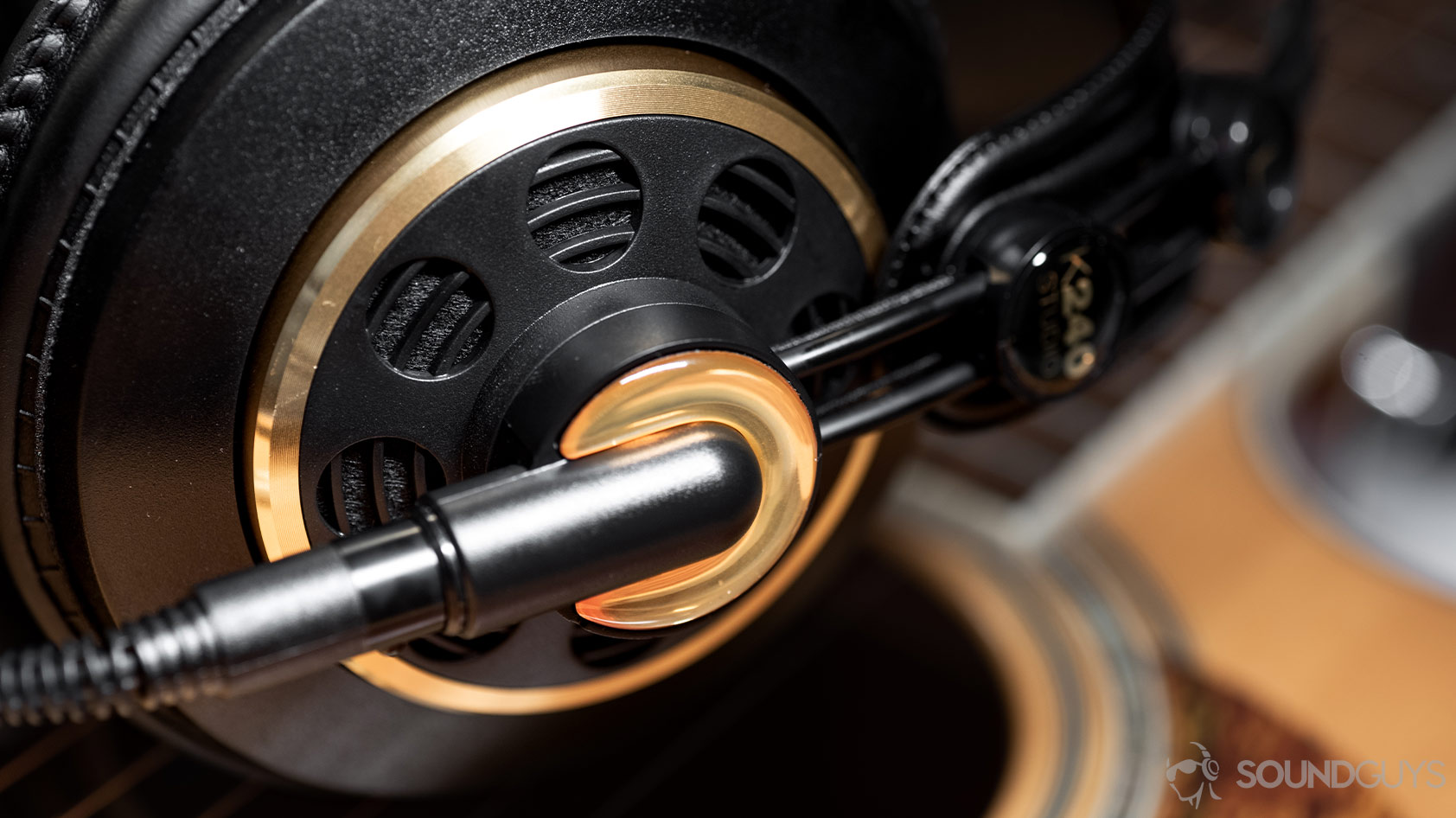
No, do not take these headphones out for a spin on the train. You and everyone around you will have a bad time.
The open-back build is great for listening in quiet, controlled environments, but your music leaks out from the back of the ear cups. If you listen outside or in a loud space, you’ll think this is a bad pair of headphones—which absolutely isn’t the case. Additionally, the louder sounds of your environment will degrade your ability to perceive any musical detail.
If you want a pair of portable studio headphones, consider the Audio-Technica ATH-M50x or the wireless Audio-Technica ATH-M50xBT2.
The AKG K240 Studio are great for eyewear because of their lightweight build. If you want, you can splurge on a pair of memory foam ear pads.
How do you connect the AKG K240 Studio?

The included mini-XLR to 3.5mm cable feels sturdy because both terminations taper into reinforced stress-relief pieces. Long-term users have voiced otherwise, though, citing that their cables snapped or frayed within a few months. If this happens, you can always get a replacement or reach out to an AKG rep and see if it’s feeling generous.
Since this is a wired headset, you can use lossless audio files like FLAC. This means the AKG K240 Studio are ideal for listeners who subscribe to streaming services like Apple Music, Amazon Music HD, and Qobuz.
How well does the AKG K240 Studio block out noise?
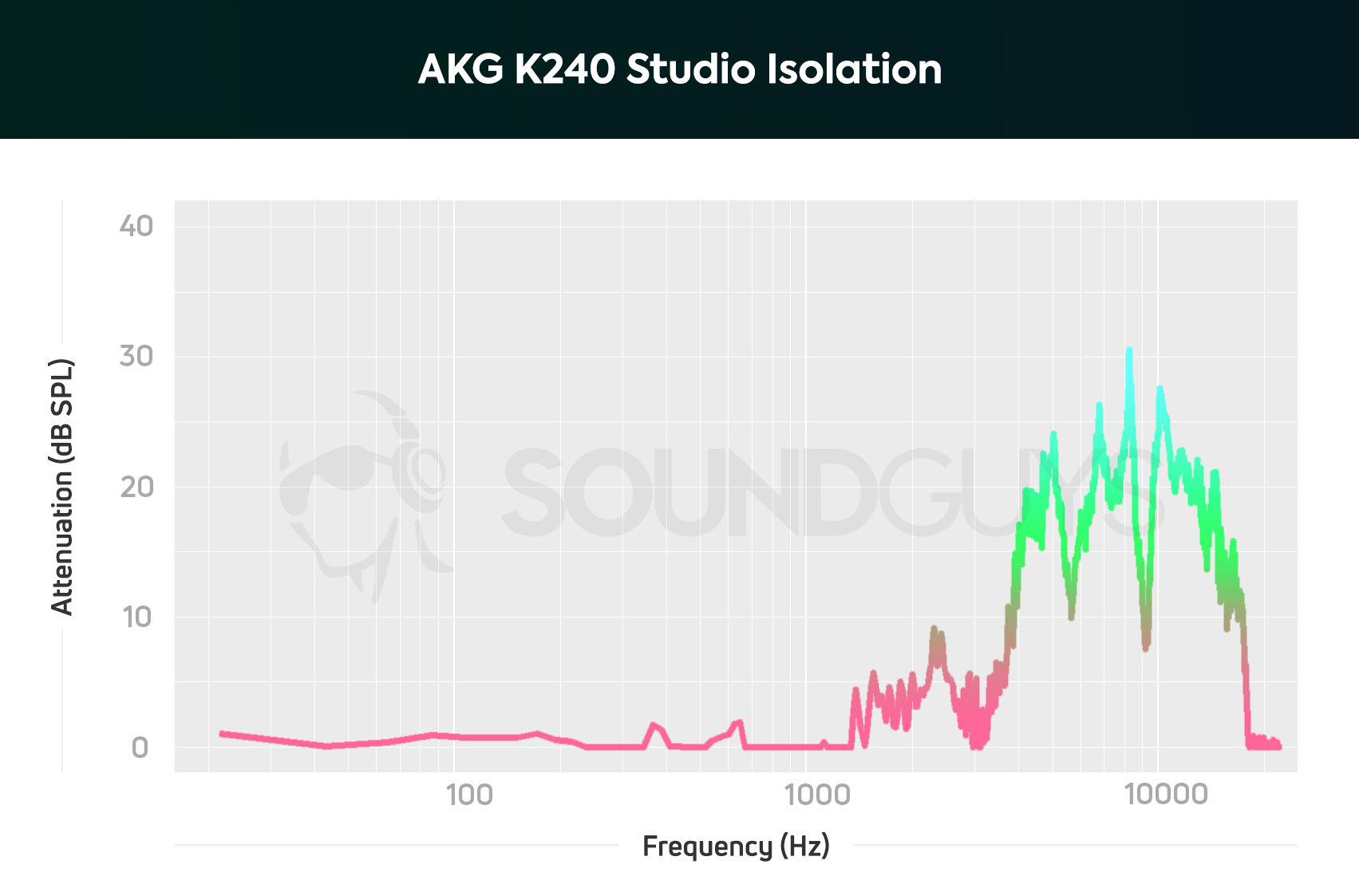
At the risk of sounding like a broken record, isolation is mainly ineffective with semi-open back headphones like the AKG K240 Studio. This is more a feature of the headset than a detriment to performance, but only if the headset is being used correctly. You get to experience audio much differently than with standard closed-back headphones, meaning a realistic perception of space.
Hold up! Something’s different:
This article’s frequency response and isolation charts were measured with our old testing system. We have since purchased a Bruel & Kjaer 5128 test fixture (and the appropriate support equipment) to update our testing and data collection. It will take a while to update our backlog of old test results, but we will update this review (and many others!) once we’re able with improved sound quality measurements, isolation performance plots, and standardized microphone demos. These will be made obvious with our new chart aesthetic (black background instead of white). Each new mic sample begins with the phrase, “This is a SoundGuys standardized microphone demonstration …”
Thank you for bearing with us, and we hope to see you again once we’ve sorted everything out.
Does the AKG K240 Studio sound good?
The AKG K240 Studio’s dynamic drivers deliver clean, clear audio across all frequencies. Anyone coming from Beats headphones may feel the bass is nonexistent. Still, listeners whose music libraries are laden with instrumental and vocal-heavy tracks will appreciate how bass notes kowtow to mids.
Lows, mids, and highs
The Alabama Shakes’ song Rise to the Sun opens with a light drumroll, sans-crescendo, soon followed by powerful drum hits. Since these hits don’t originate from the actual kick drum (sub-100Hz), they sound loud and clear. Cymbal hits sound slightly “distant” due to the under-emphasis from 3-5kHz, but I never strain to hear them. This is likely due to the perceivable spatial depth and width exaggerated by the open-back design.
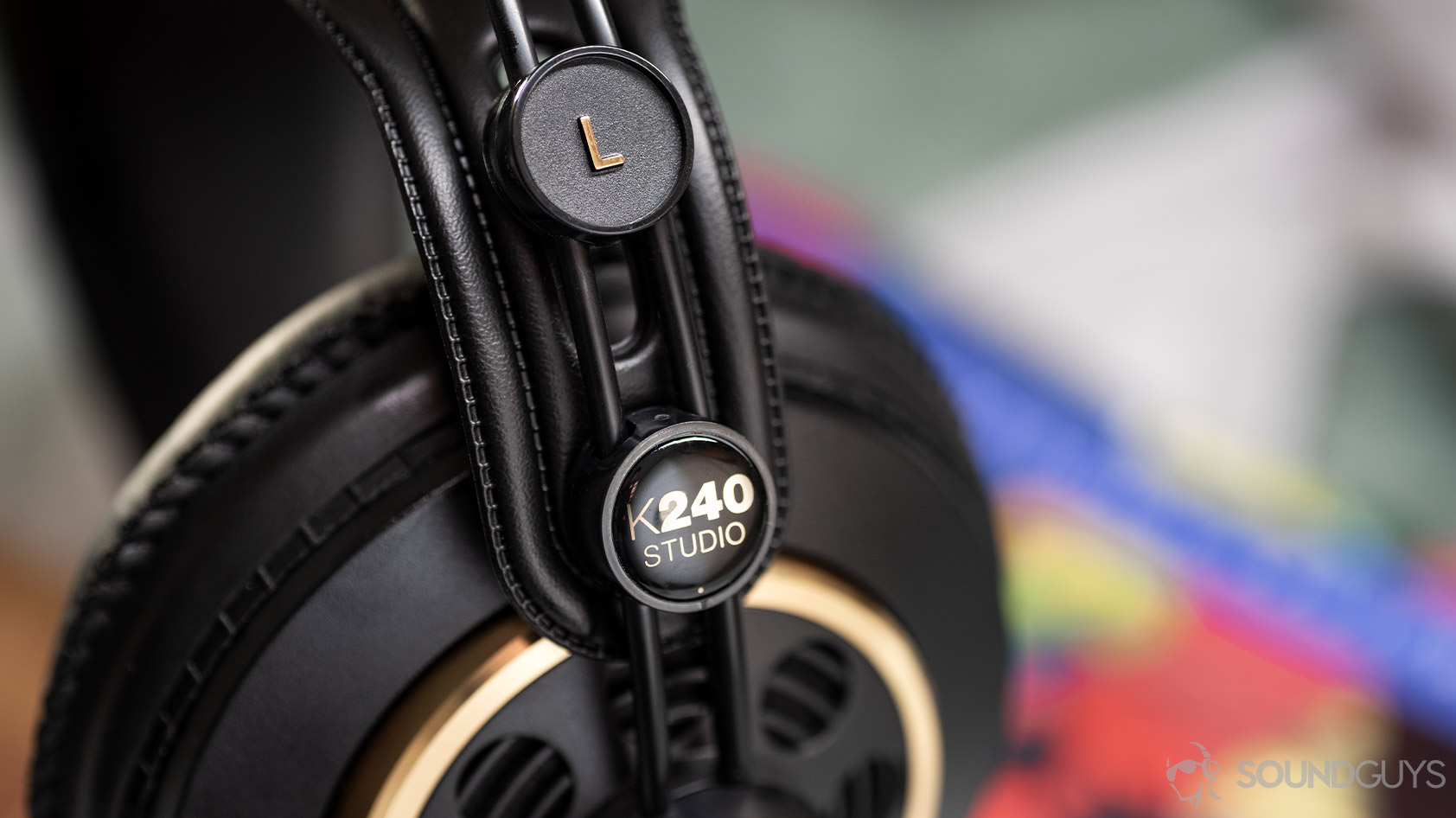
Brittany Howard’s low-register vocals sound excellent and stand out from the surrounding instrumentation. Harmonizing “Ohs” toward the song’s end (2:03) is hard to discern from the din of the electric guitar and drum hits. Brilliance is great for a pair of cheap headphones, but it’s even better with the Grado SR80x or Monoprice Monolith 1070C.
No, you don’t need to burn in the AKG K240 Studio or any other headphones.
Should you buy the AKG K240 Studio?
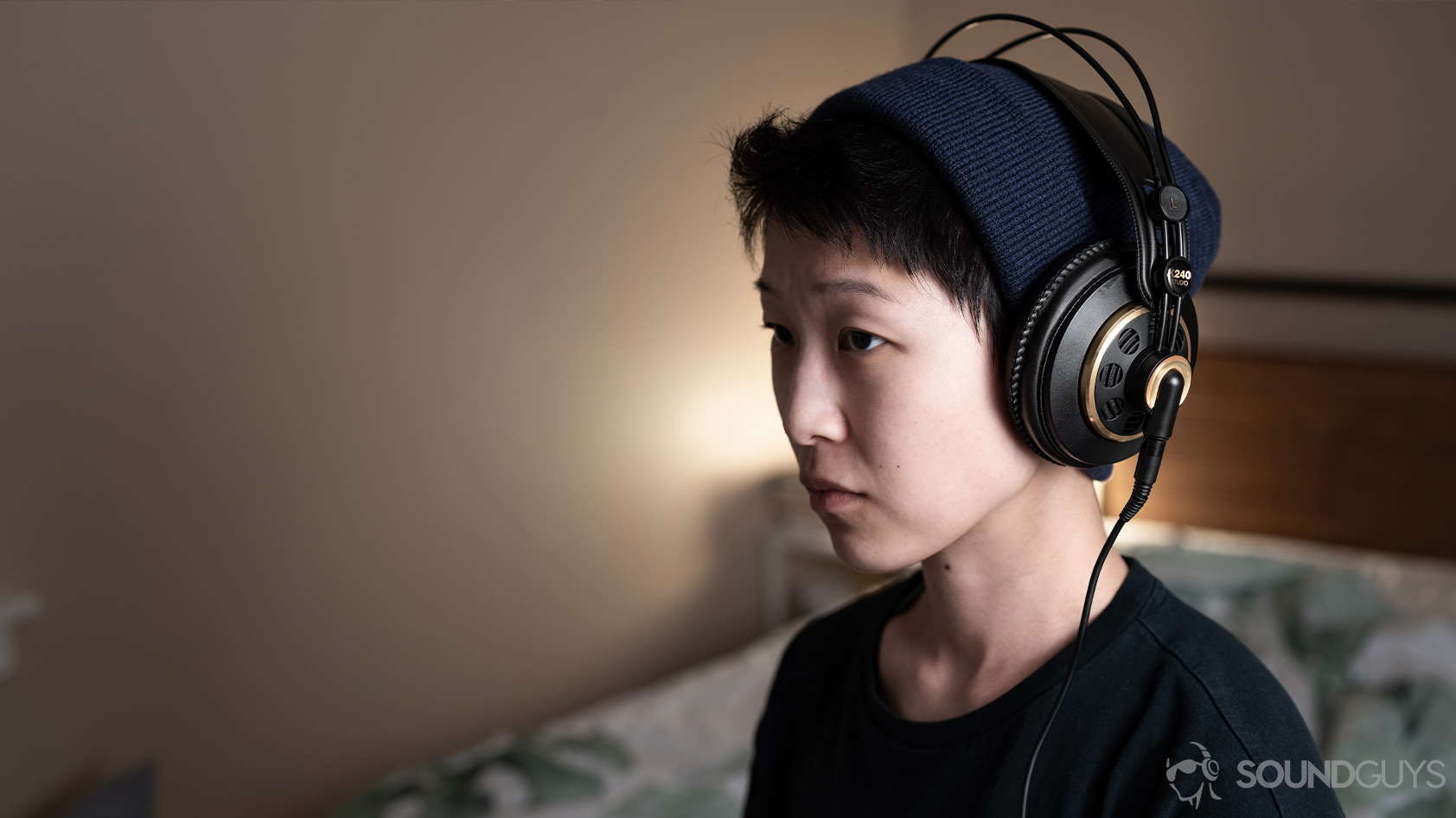
The AKG K240 Studio have stood the test of time and will continue to do so because of their excellent sound quality-to-price ratio. AKG knows not to mess with a formula that works, so the K240 Studio remain relatively unchanged since its 1970s debut. If you’re looking to stay within a tight budget and want all that money to go to sound quality, the AKG K240 are the best headphones for you.

AKG K240 Studio vs AKG K240 MKII, which is better?
The K240 Studio and K240 MKII are virtually identical, except the AKG K240 MKII have blue accents instead of gold ones. Besides that, the MKII include a coiled cable and more comfortable ear pads, which may be necessary if you listen for hours at a time. Rather than spending an extra $20 for a nominal comfort upgrade, stick to the K240 Studio.
The AKG K240 Studio and K240 MKII use the same drivers and has the same frequency responses.
Both headphones use identical Varimotion 30mm XXL transducers with a 15Hz-40kHz frequency response, making them sound nearly identical. Unless black and blue happens to be your favorite color combo, you’re better off with the AKG K240 Studio ($56 at Amazon) instead of the AKG K240 MKII.
What should you get instead of the AKG K240 Studio?
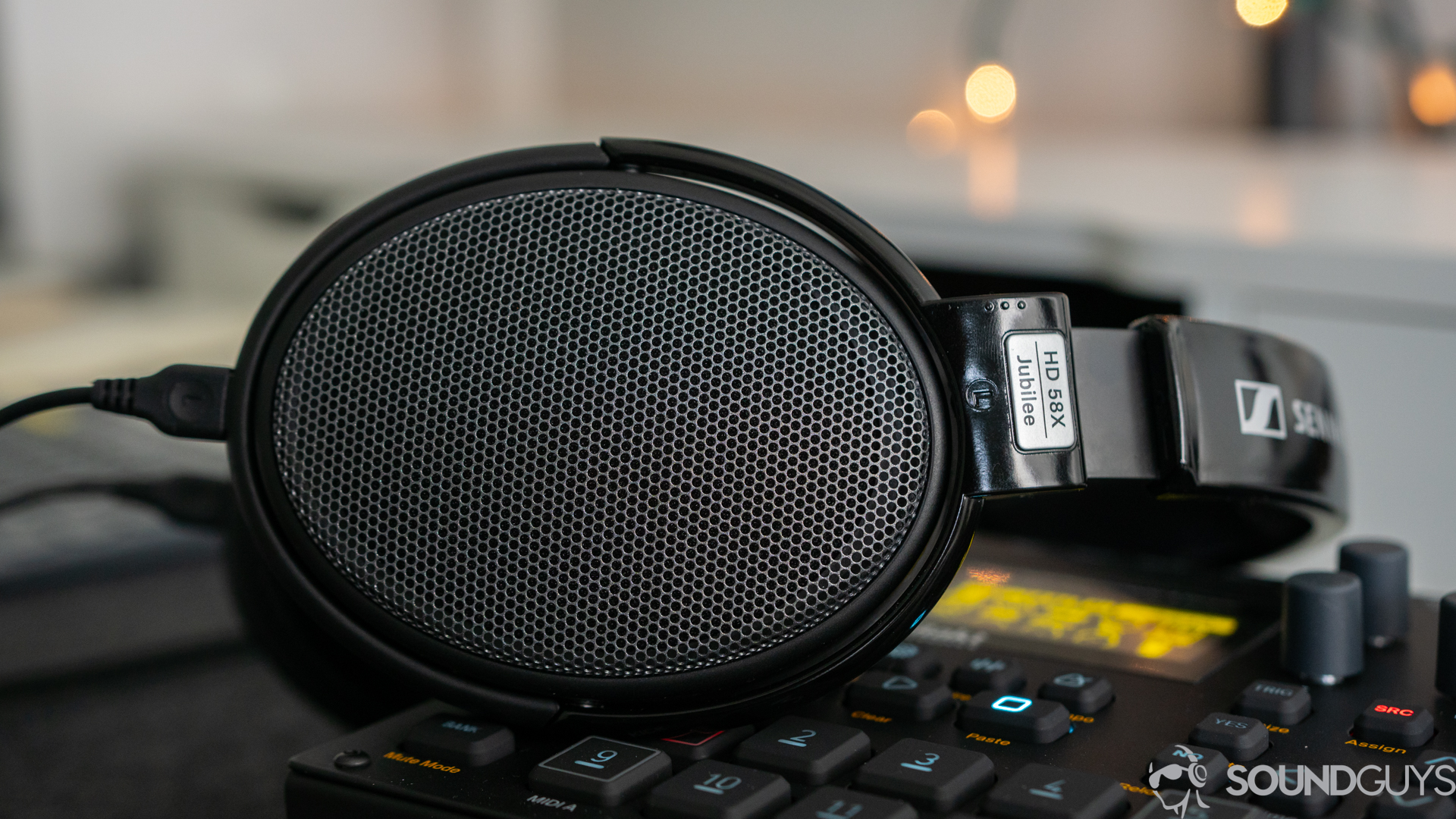
If open-back headphones are your goal, most ones suitable for audio production are pricier than the AKG K240 Studio. For mixing you can’t go wrong with the Massdrop x Sennheiser HD 58X ($149 at Drop). Sure, they’re a bit more costly, but they have a more robust, albeit still mainly plastic build. They also sound quite “flat.”
The Grado SR60x ($99 at Amazon) are open-back headphones that rest on your ears instead of around them. This may prove less comfortable, particularly if you wear glasses. The benefit is these headphones are more compact, and you can stow them because the ear cups rotate flat. Grado is a well-respected brand among audiophiles. Keep in mind, like a lot of open-back headphones, the SR60x plays bass frequencies rather quietly.
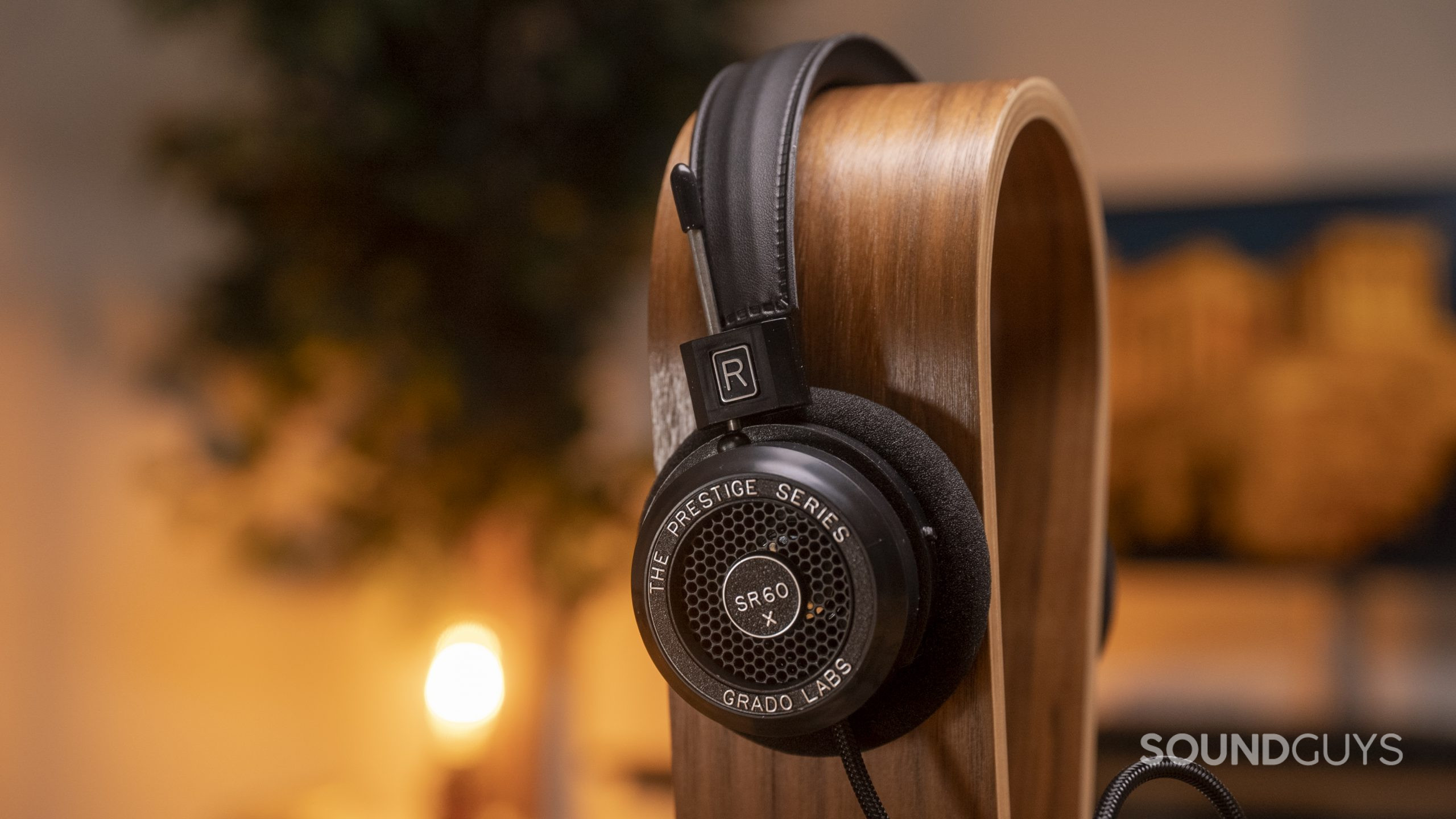
If you want something iconic, the Koss Porta Pro ($59 at Amazon) semi-open headphones are the only way to go. These are some of the most popular vintage options out there with their compact design and unique sound quality.
But wait, didn’t we say earlier that open-back headphones aren’t good for public use? Yes, glad you’ve been paying attention. Open-back headsets are usually intended for studio use, but the Koss Porta Pro is meant to be transported. The open-back design is advantageous because it allows you to listen to music while remaining aware of your surroundings — consider it a safety feature.
Closed-back alternatives
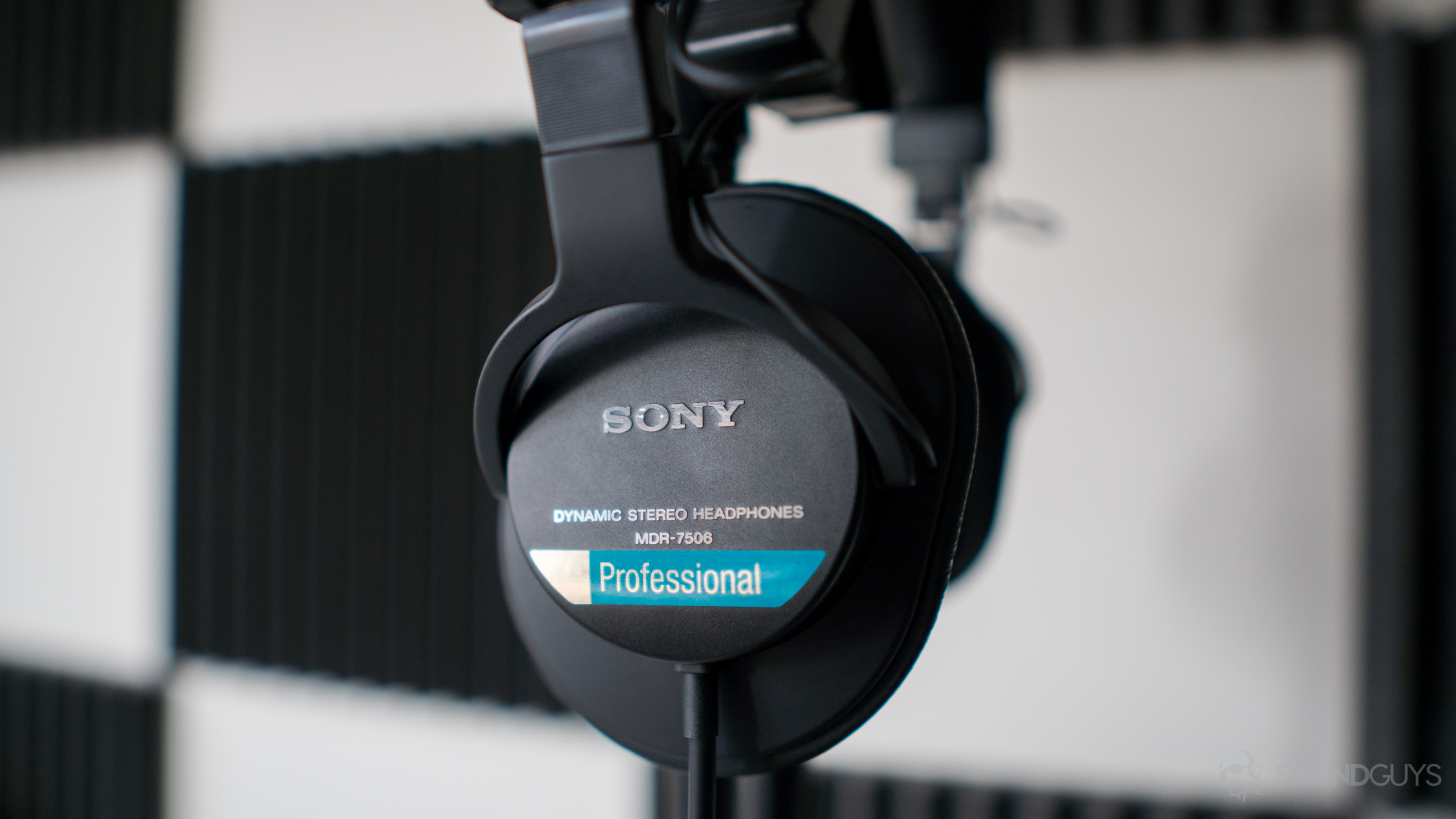
The Sony MDR-7506 ($89 at Amazon) have long been a standard when it comes to audio production and mixing, and they’re not too pricey either. These won’t bleed sound as much as open-backed headphones, making them great for tracking and recording. These headphones are also more suitable for travel and portability than the AKG K240 Studio.
Listeners who want something with a bit more low-end volume should consider the Sennheiser HD 280 PRO ($87 at Amazon). While they retain a plasticky build like the AKG K240 Studio, they feel sturdier. You can’t swap out cables, which is unfortunate.
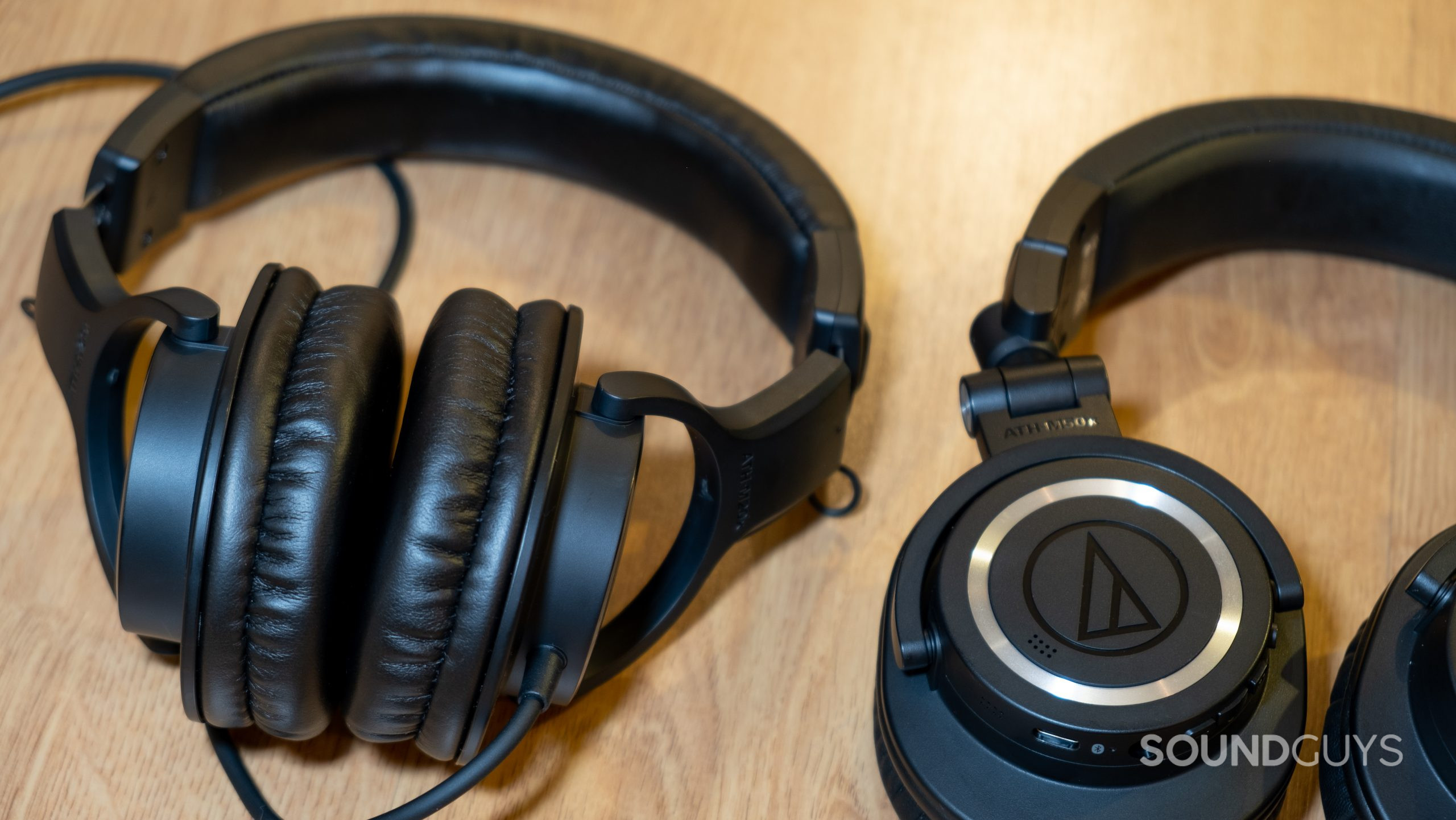
Finally, in the category of pretty darn cheap are the slew of Audio-Technica offerings in the form of the ATH-M20x (the cheapest for $49 at Amazon) and Audio-Technica ATH-M30x, which is more refined for $79 at Amazon. None of these lower tier ATH-M models are as comfortable as the K240 Studio, but arguably offer added case use flexibility through better isolation. You can also try the Bluetooth or optionally wired Audio-Technica ATH-M20xBT. You can monitor with them, or take them on the go to go wireless for $79 at Amazon.
Frequently asked questions about the AKG 240 Studio
The Audio-Technica ATH-M30x directly competes with the K240 Studio, given that both headsets cost around $69. Since the ATH-M30x is a closed-back headset, it reproduces louder bass notes than AKG's headset. This closed-back design also makes the Audio-Technica headset a better option for commuting, so you can take it out of the house, though it's a cumbersome thing. Sound quality is very good with either headset, but we do like the removable cable on the AKG K240 Studio, something the ATH-M30x lacks.
No the AKG K240 headphones are wired only. AKG does, however, offer a number of bluetooth headphones like the wireless variant of the AKG K371.
Nope, the AKG K240 Studio do not require a headphone amp. Their sensitivity is 104 dB SPL/V at 1 kHz, and their impedance is 55Ω.
Originally, the AKG K240 was designed and built in Austria. However, manufacturing moved to China over a decade ago.
Thank you for being part of our community. Read our Comment Policy before posting.